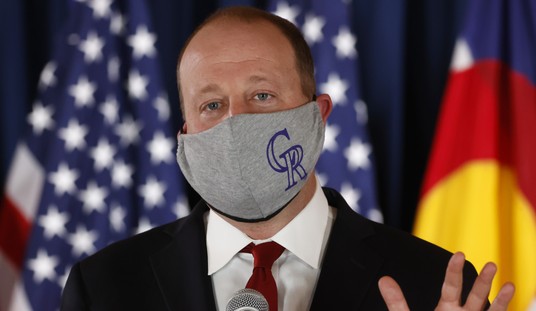One of the more unusual stories about end-of-life issues to cross the transom comes to us this week from Massachusettes. I’m sure we’ve all heard plenty of reports involving wrongful death lawsuits, particularly in both the medical community and law enforcement scenarios. But have you ever heard of a “wrongful life” lawsuit? That’s essentially what’s playing out at St. Peter’s Hospital. Last year, 67-year-old Rodney Knoepfle was at the hospital for a routine procedure. Knoepfle was in terrible shape, having lived a lifetime with medical problems ranging from back and neck surgeries to multiple hip replacements and advanced heart disease. But when he went to use the restroom, he felt a huge surge of pain in his chest and he collapsed to the floor. Rodney Knoepfle died there in that restroom.
And then he woke up. The hospital staff had found him without respiration or a pulse and called a code blue. They shot epinephrine into his system, performed CPR and shocked his heart back into action. They had literally brought Knoepfle back from the dead. And when his head cleared enough to realize what had happened, Rodney Knoepfle was angry and that anger only grew over the coming months. What the staff didn’t know was that he had a Do Not Resuscitate order filed on his behalf. And Rodney felt that they had cheated him out of a natural death. (Boston Globe)
Digesting this news, Rodney, then 67, became profoundly offended and inconsolably angry.
The hospital had cheated him, he felt, out of a natural death. The staff had not followed the instructions in his medical file labeled Do Not Resuscitate, a widely accepted medical directive, known as a DNR order. It is for patients who choose to forgo heroic medical interventions, such as CPR, at the end of their lives. Thousands of Americans have similar orders, which instruct doctors when patients no longer can speak for themselves.
Rodney had entered St. Peter’s for a cardioversion, a brief procedure to zap his misfiring heart back on the correct rhythm. This was not really about extending his life. He hoped the treatment, in March 2016, would reduce the agonizing symptoms of his advanced heart disease: the dramatic fluid retention, the irregular heartbeat, the weakness, the shortness of breath.
I’m curious to see not only how this lawsuit works out, but how people on both sides of the euthanasia debate will respond to it. What happened here is obviously tied to the entire debate over end-of-life issues and the right of people to meet their own end as they choose, but it’s effectively the opposite of euthanasia. Rodney wasn’t asking anyone to help him die. He was in the hospital seeking relief. But once he had passed away in his own time, having made his wishes clear, he wants justice for those wishes being ignored.
Just for full disclosure in case you haven’t read my previous articles on this subject, I too have a DNR order on file, drawn up by our attornies. Going one step further (though I won’t gross you out with a picture) I have the block letters DNR and the words “Do Not Resuscitate” tattooed across my sternum in a way that could not possibly be missed or mistaken by any medical personnel or first responders. Should my wife be present, she has assured me that she will respect my wishes and inform any medical personnel who are involved.
In case you couldn’t guess, I have more than a little sympathy for Rodney Knoepfle’s position. If I had somehow shuffled off this mortal coil through an event that would probably leave me so damaged that I would have little to no quality of life, I’m pretty certain that I too would be pretty angry to wake up and learn that I’d been dragged back from whatever lies beyond the vale. And yes, though I have never felt compelled to sue a single person or other entity in my life, I’d probably be feeling pretty litigious.
Even if I don’t agree with them, I can understand the argument that some people, including many conservatives, make when it comes to euthanasia. If you feel that only God can choose the date of your passing, I can respect that. But what about Rodney? As I said, he didn’t ask anyone to end his days for him. He died a perfectly natural death after suffering for many years with severe cardiac issues. Why shouldn’t the people who took that from him be held accountable? To be clear, I’m not arguing against medical professionals making every effort to save people’s lives, but we need to do a better job of recording and identifying people with DNR orders on file. And if there is little to no hope for a patient to have a fruitful life after extraordinary measures are undertaken to revive them, those wishes should be legally binding.
This is a difficult subject for most of us to wrestle with. Pretty much all issues of death and suffering are. But as some character in a book I can’t recall just now once said, how we die is surely as important as how we live. Perhaps in some cases, the dead need to be allowed to rest in peace.








Join the conversation as a VIP Member